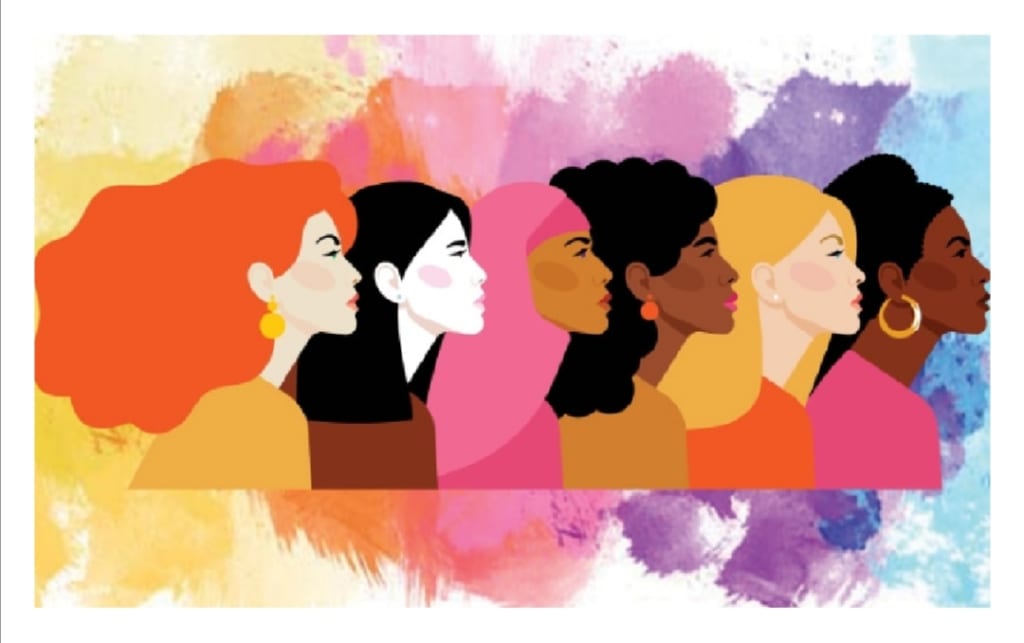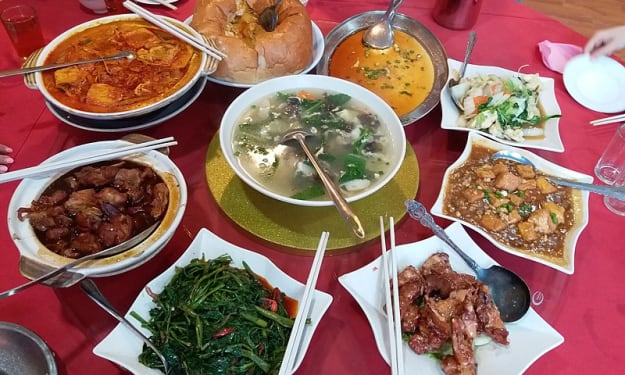What is feminism and what it is not?
An attempt to a simpler understanding of feminism

• ‘I myself has never been able to find out what precisely feminism is. I only know that people call me a feminist whenever I express sentiments that differentiate me from a doormat or a prostitute.’
- Rebecca West,1913
• The idea is complex, open to different interpretations by people spanning different identities based on race, nationality, ethnicity, social status and caste in the specific scenario of India.
• For an understanding, ‘feminism’ is an umbrella term for a range of social movements, political movements and ideologies that aims to define and establish personal, social, economic and political equality of the sexes.
• The term stresses on centuries of historical oppression faced by women and is both an intellectual commitment and a political movement that seeks justice for women and end of sexism in all forms.
• Equality that feminist women seek with men shouldn’t be confused with ‘sameness’. Men and women’s bodies, by nature are formed in complementarity, but not same. Sameness in physicality is an absurd idea. It’s about levelling the playing field between genders, and ensuring that diverse women and girls have the same opportunities in life available to boys and men.
• Feminist movements have campaigned and continue to campaign for women's rights with a history of now centuries and more, including the rights as right to: vote, hold public office, work, earn equal pay, own property, receive education, enter contracts, have equal rights within marriage, and maternity leave. To legal abortions and social integration, and to protect women and girls from rape, sexual harassment, and domestic violence have also been the important contribution of feminists. Changes in female dress standards and acceptable physical activities for females have often been part of feminist movements.
• Inclusivity and intersectionality are a core part of feminism. Intersectionality is about respecting diverse women’s experiences, identities, knowledge and strengths, and striving to empower all women to realise their full rights.
• Intersectional feminism is about acknowledging the interplay between gender and other forms of discrimination, like race, age, class,socioeconomic status, physical or mental ability, gender or sexual identity, religion, or ethnicity.
• The barriers faced by a woman working in an MNC in New York are not the same as those of a woman living in a village in rural India.Feminists there are concerned with their daughters being consistently snubbed being considered for top managerial echelons while the feminists in rural Haryana are still trudging to gain societal acceptance for their girls going to school. But, women aren’t just exposed to sexism – racism, ableism, ageism, homophobia, transphobia, and religious persecution are intrinsically linked to how they experience inequality.
• Being a feminist simply means believing in equal rights for all genders. Feminism doesn’t advocate abhorrence for men or superiority of women. It’s not about eschewing femininity.
• Feminism doesn’t mean one person’s experiences are more important than another. It isn’t about creating a sliding scale of who is worse off – it’s about learning and understanding the ways that inequality affect women and men, and remembering that we’re all in this together. True equality leaves no one behind.
• Acknowledging how different forms of discrimination intersect with and amplify gender-based discrimination is a critical way to ensure all women actually reap the benefits of women’s movements.
• Myriad feminist movements and ideologies have developed over the years providing different lenses, each bearing a specific aim. Also, some forms of feminism have come under a lot of scrutiny and criticized for taking into account only white, middle class, college-educated, heterosexual, or cisgender perspectives. And that is what led to the conceptualisation of ethnically specific or multicultural forms of feminism, such as black feminism, queer feminism and intersectional feminism.






Comments
There are no comments for this story
Be the first to respond and start the conversation.